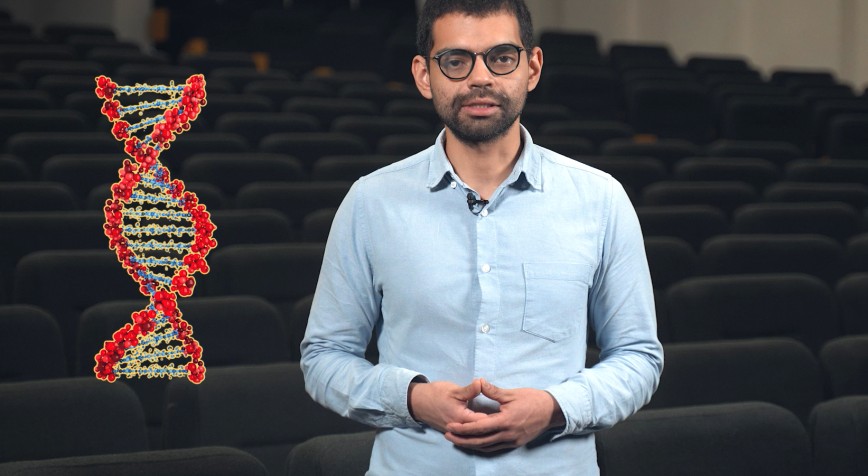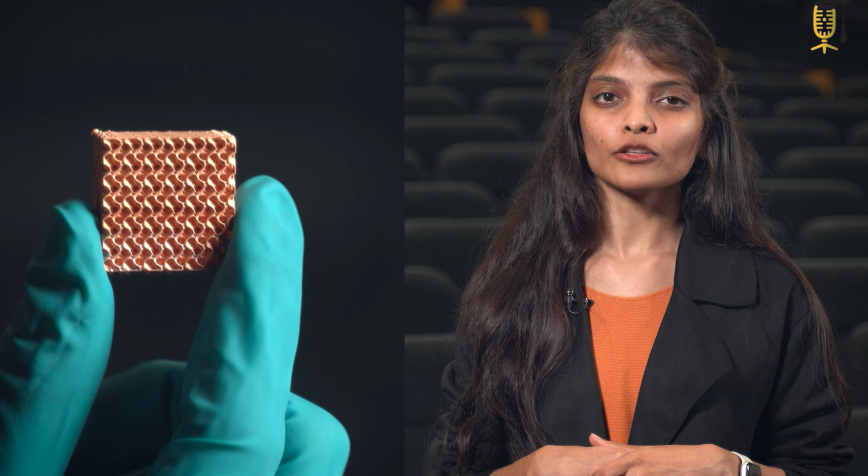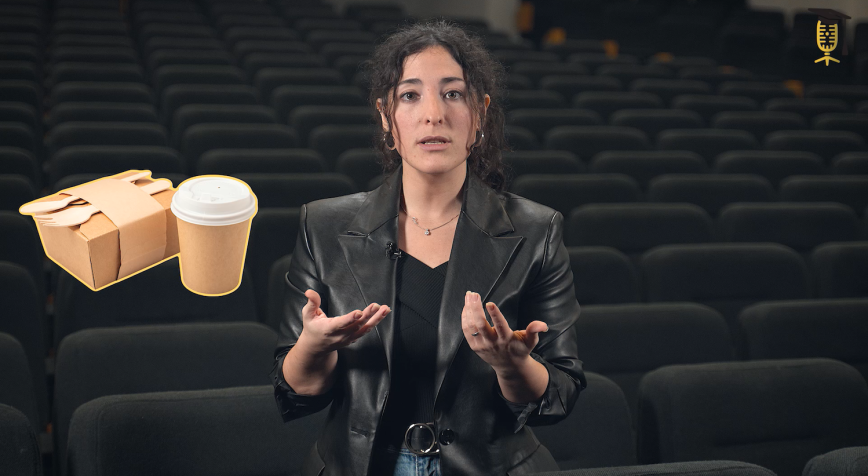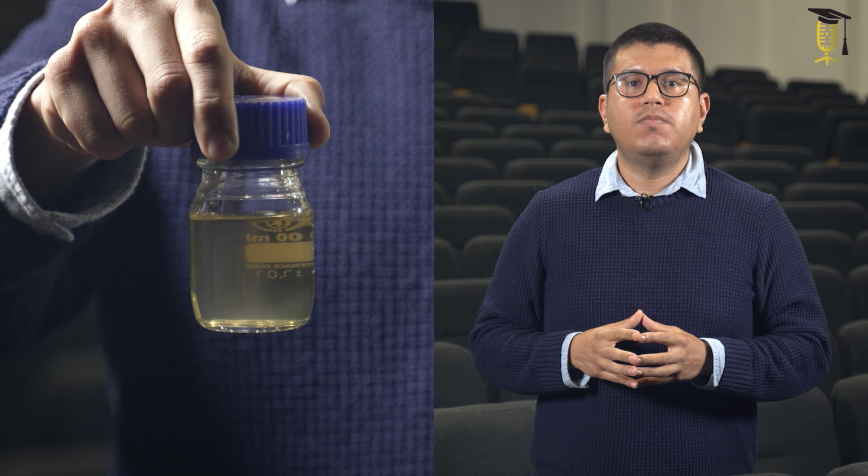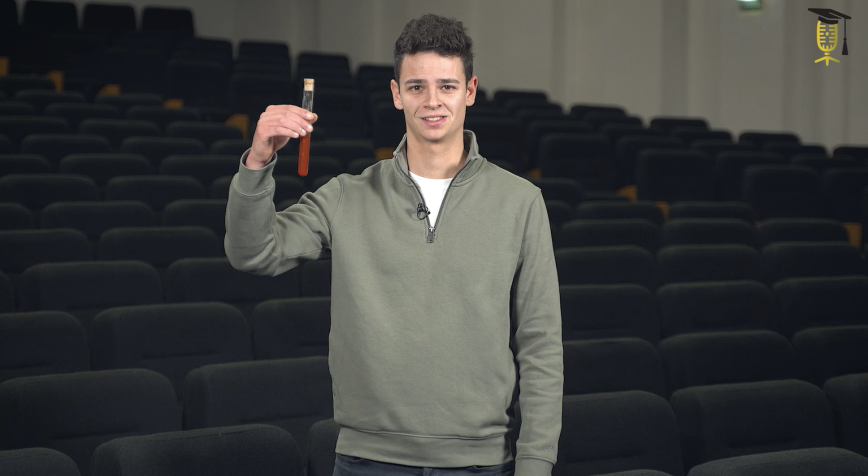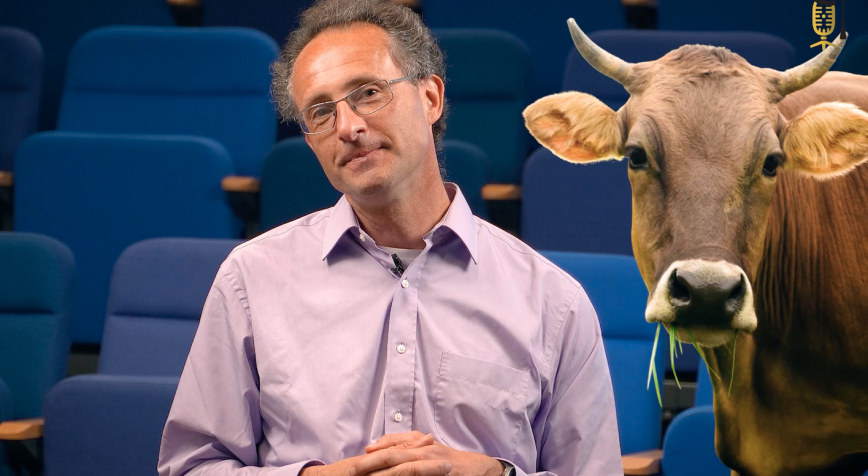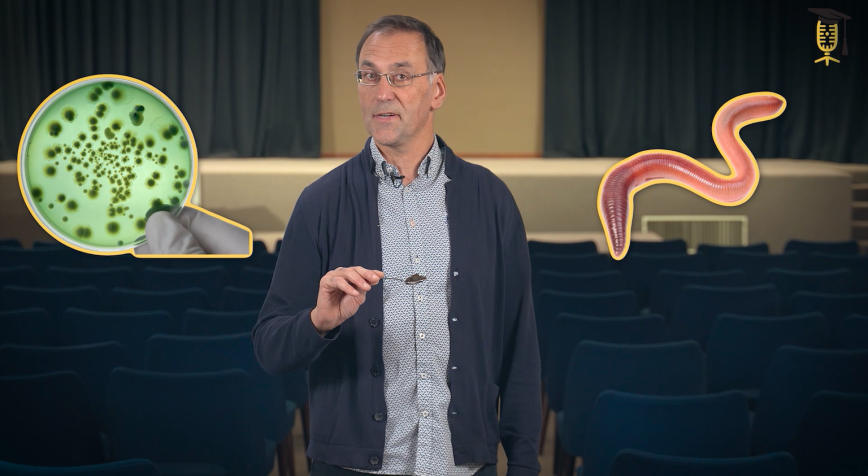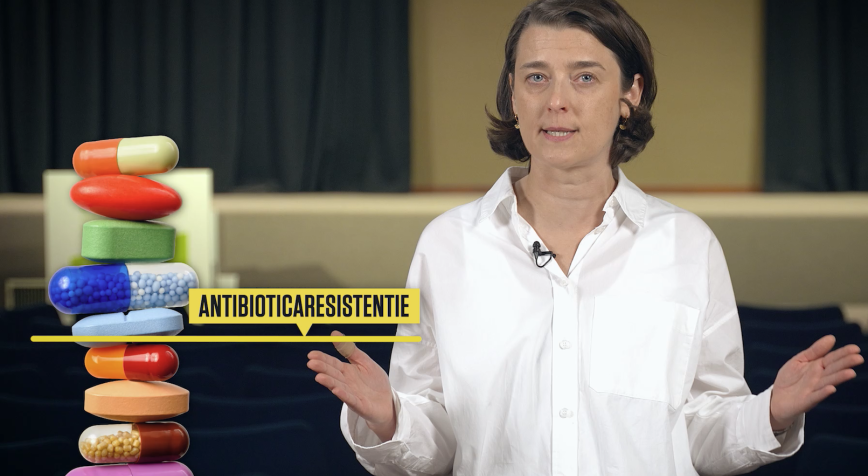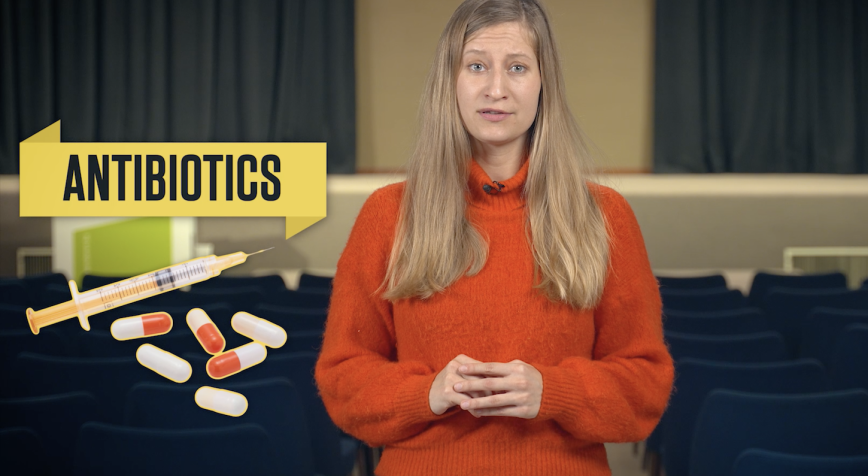
KU Leuven
VITO
Making carbon conversion more efficient
The rise of CO2 levels has many harmful effects on our planet. A part of the solution is capturing CO2 emissions and transforming them into valuable chemicals and fuels, while potentially slowing climate change. Wenjian Hu explains how this carbon conversion works. His research aims to make the process more efficient, paving the way for scaling up from lab experiments to big industrial plants.

